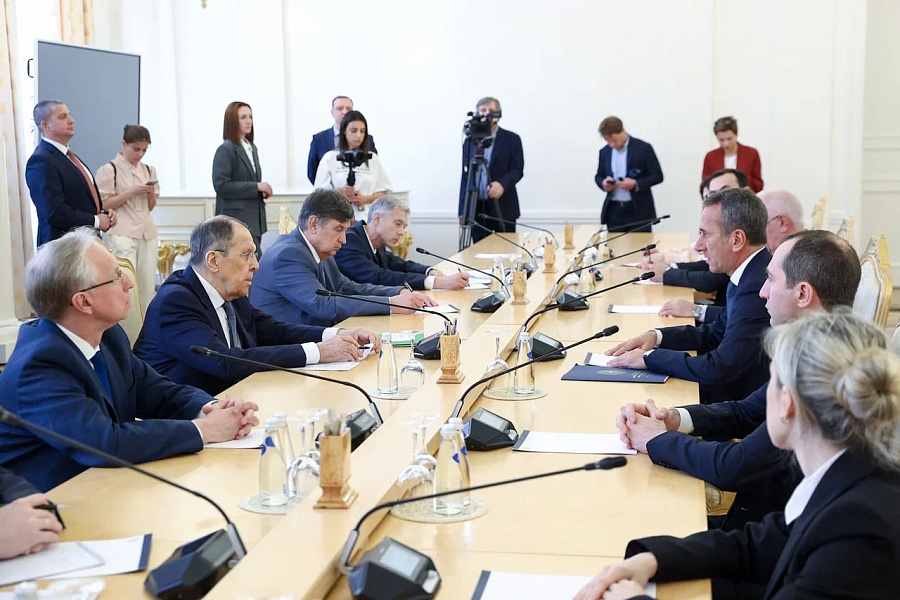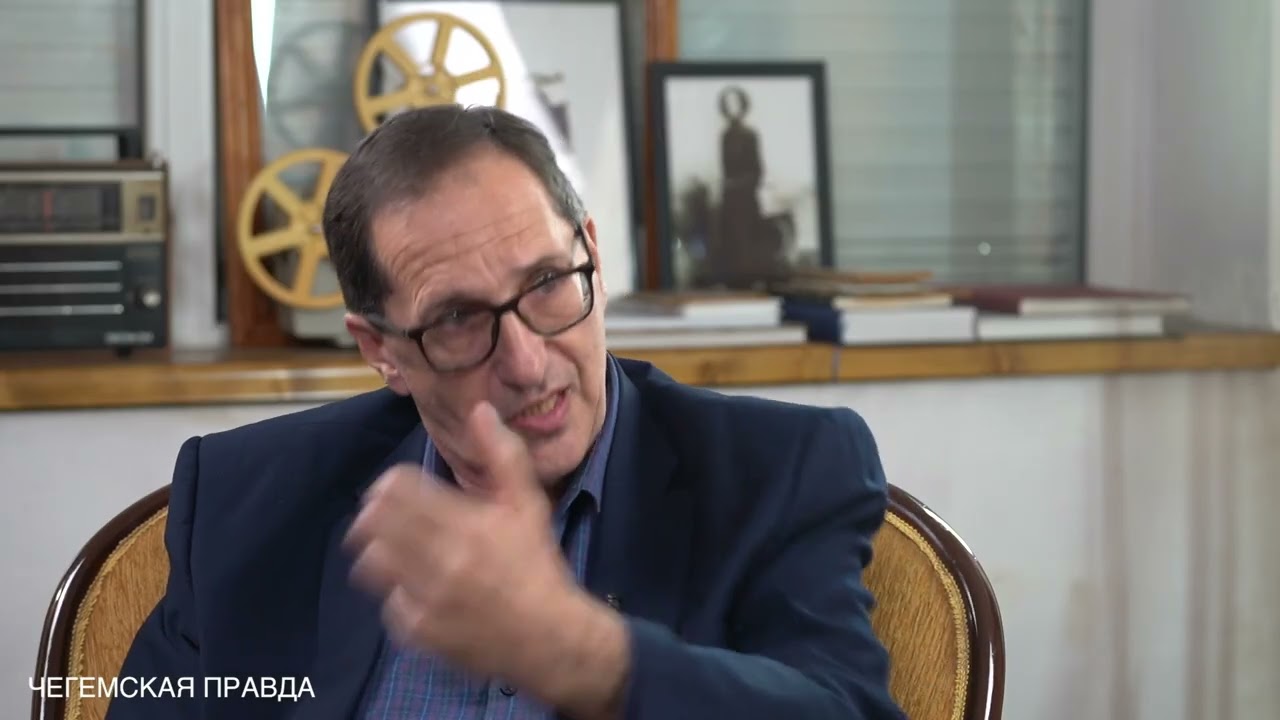Crisis in relations of Abkhazia and Russia
Abkhaz-Russian relations are experiencing one of the most tense periods since Moscow’s recognition of Abkhazia and South Ossetia, which escalated after the Abkhaz parliament failed to pass the so-called “apartment law” due to pressure from Abkhaz society.
Shortly thereafter, the so-called “Kozak-Bzhania Protocol” emerged. According to the document, Bzhania promised to provide Moscow with a list of Abkhaz deputies and opposition members who are obstructing certain Abkhaz-Russian projects — to be stripped of their Russian citizenship.
The culmination of the strained relations was Russia’s suspension of financial aid to Abkhazia. According to Foreign Minister Sergei Shamba, the reason for the Russian sanctions was Abkhazia’s “failure to fulfill its obligations.”
The issue is being discussed among the public and political circles in the three cities involved — Moscow, Sukhumi, and Tbilisi. In this article, we have gathered opinions from representatives of civil and political society, as well as experts from all involved sides.
Aslan Bzhania, President
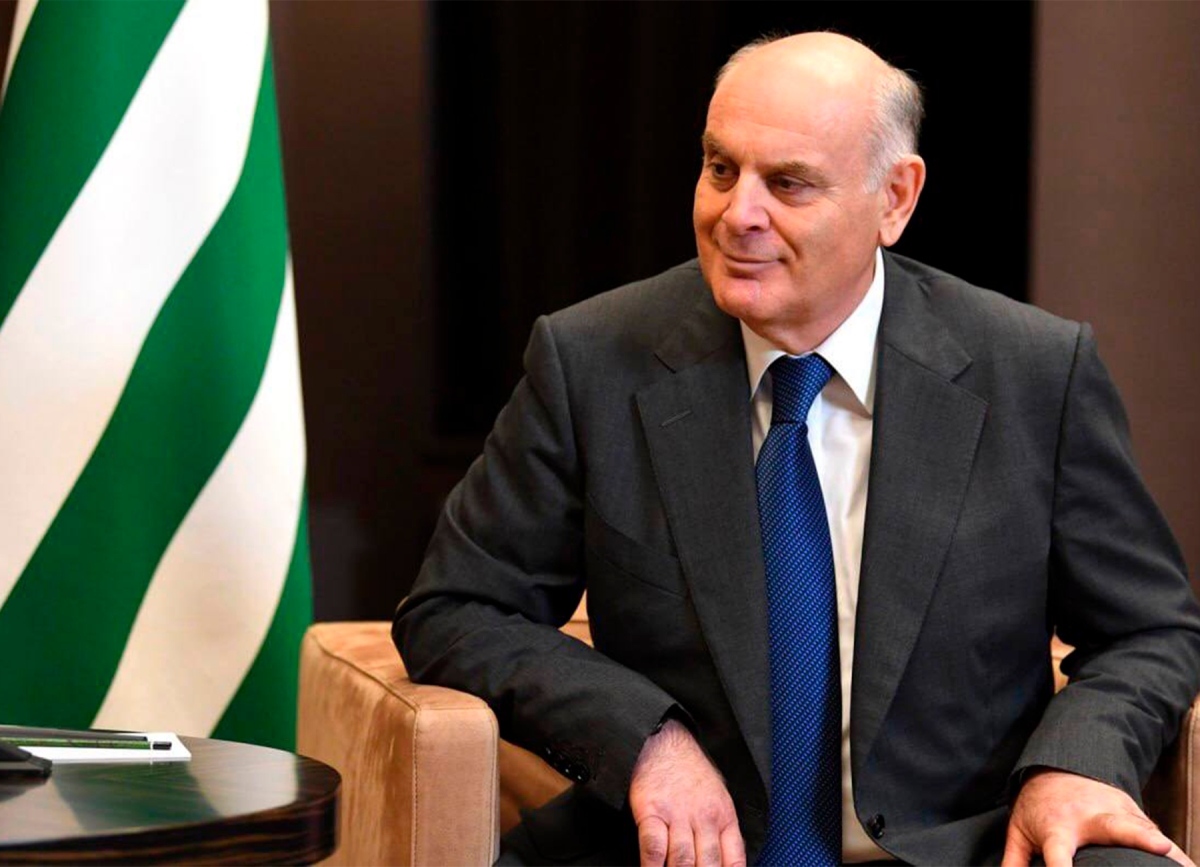
“Abkhazia is avoiding fulfilling its obligations under the ‘Treaty on Alliance and Strategic Partnership’ with Moscow. The treaty envisions a qualitatively new level of interstate relations, coordination of foreign policy and a common defense space, and the creation of a shared socio-economic space.
As the highest-ranking official, as a person who represents our people, I will undoubtedly implement all the provisions of this treaty and the agreements arising from it. Why? Because it primarily and fundamentally serves the interests of the Abkhaz people.
If the funding process is suspended, it will undoubtedly affect a large number of Abkhaz citizens — teachers, healthcare workers, those in the cultural sector, and many others.”
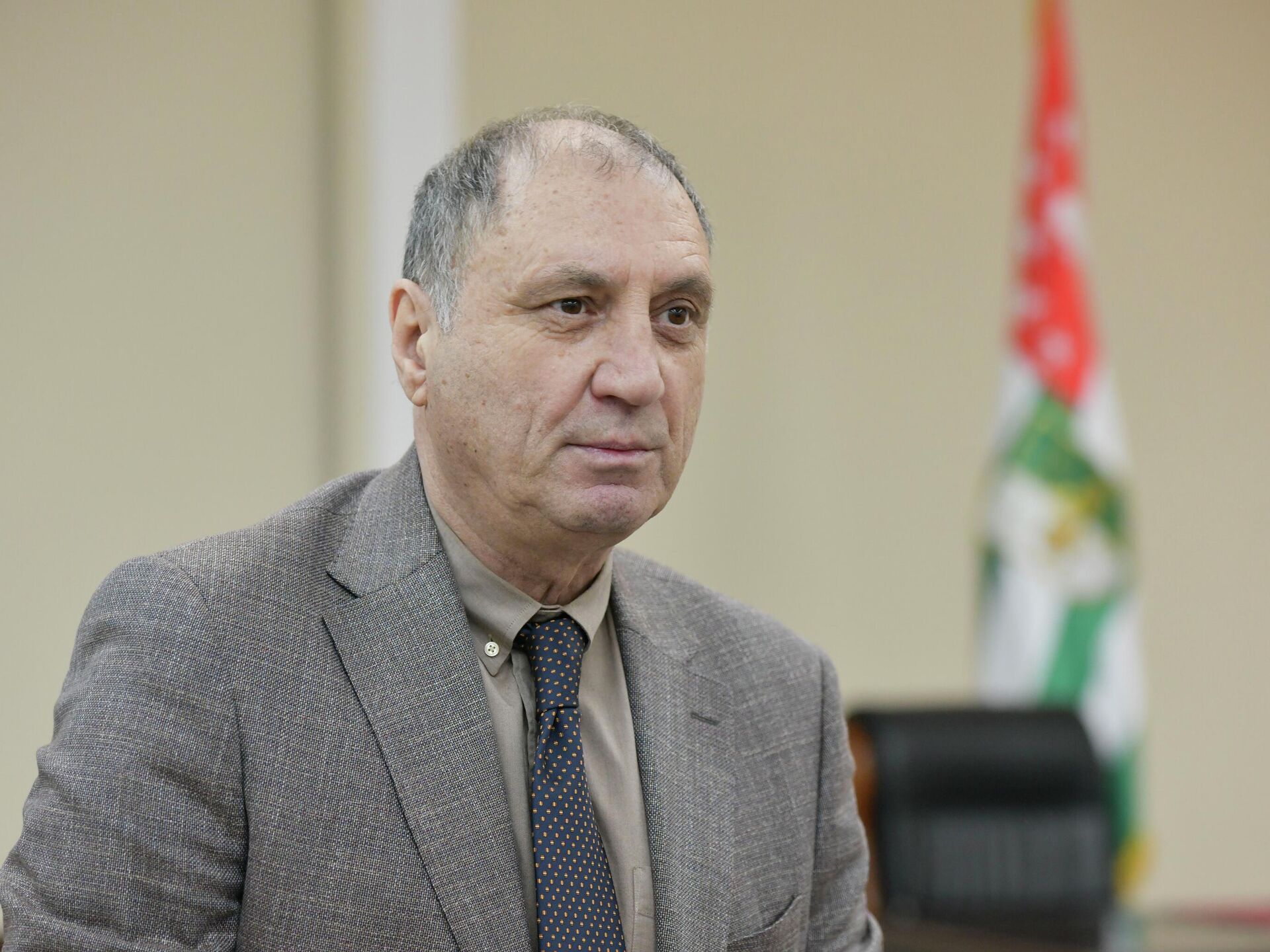
“It’s clear that a lot of dissatisfaction has accumulated among our allies recently, and the relationships have significantly changed. This is not what it was in the beginning. I remember when I was the Minister of Foreign Affairs during the recognition of Abkhazia, and how Russian society viewed us then. That sentiment no longer obtains today. We all contributed to this. Let’s all work together to fix the situation.
Where will this situation lead us, how do we resolve it, and what will the situation in Abkhazia be if this confrontation continues? I believe these are the questions our society should be most concerned about.”

“Not a single political force in Abkhazia questions the viability of this [Abkhaz-Russian] alliance. I don’t think there are any influential forces in Russia expecting changes in this regard — whoever comes to power in Abkhazia will adhere to this line, as there is no alternative, either in terms of security or the economy.
The situation is quite stable. Of course, there is a temptation for some politicians to secure the support of the Kremlin. This becomes evident in the political space when external forces try to influence internal processes. However, if we look at the agenda proposed by Abkhaz society, including the opposition and its supporters, we can see that the recent actions of the authorities have caused dissatisfaction not only among the opposition, but also among some members of the intelligentsia and war veterans.”

“It is difficult to say whether the document is fake at this point. In any case, I believe it is based on real facts. The main thing is not to accuse the opposition of stirring up emotions, because the purpose of the document is to intimidate and blackmail Abkhaz society. Take note: whether it’s fake or real, the goal is the same — to instill fear. And the primary recipients of this emotional message are the members of parliament.
The Abkhaz issue lies in the realm of the desires, hopes, and aspirations of Abkhaz society. It is focused on building an independent Abkhaz state and an alliance with its strategic partner. Abkhaz society has long since made its choice, and there is no desire to build relations with the Georgian state in a hierarchical manner. We can only develop relations on an equal footing, understanding that Russia is a strong state.”

“If this is not fake, then it is genuine blackmail. If it’s true, it’s only something to regret. I would advise no one to behave as though Abkhazia were won in a card game. There’s no need to fear anything, no one will do anything. Abkhazia is a true ally of Russia.
Russia is involved in all spheres of life in the republic. To blackmail deputies by threatening to revoke their Russian citizenship — imagine it. Do they even know that in 1992, Georgia’s State Council troops shot at the Abkhaz Parliament? I’ve probably already said enough to lose my Russian citizenship, maybe more.”
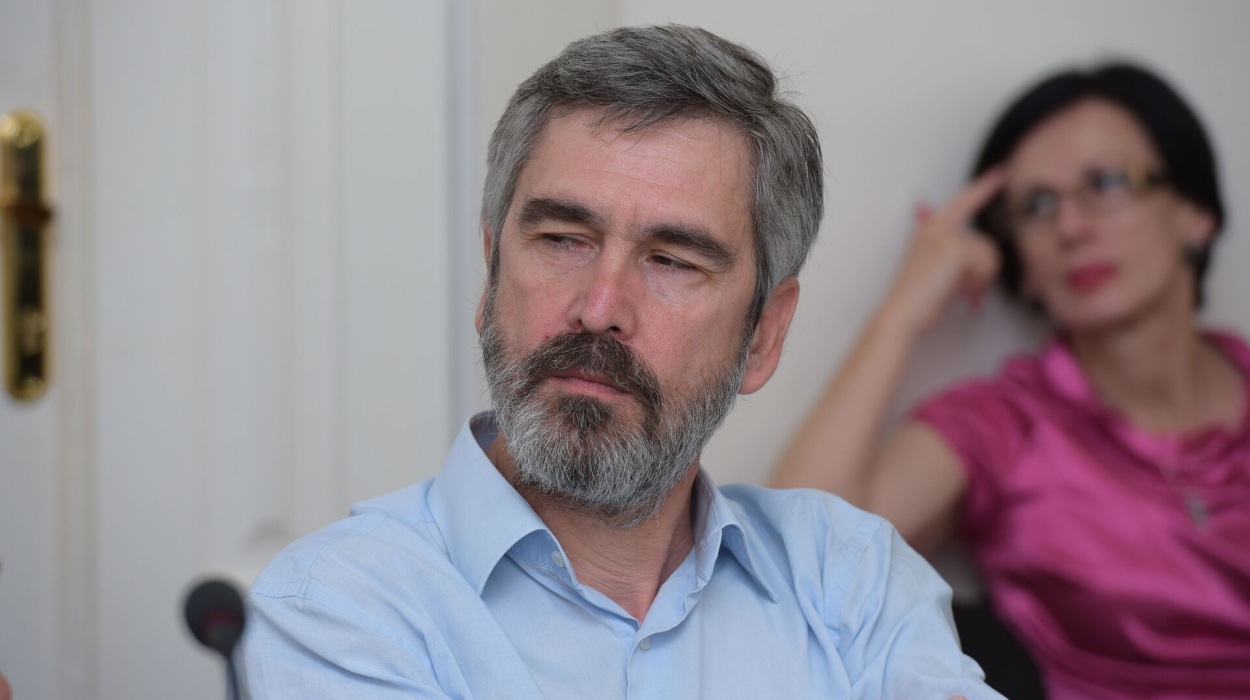
“It is clear that the time has come to reformat Abkhaz-Russian relations. I’m not talking about major strategic changes, but specifically the planning and implementation of joint programs and projects. The Abkhaz side must clearly define how the Abkhaz leadership intends to continue pursuing the project of an independent state. If this is the case, relations with neighbors must be built based on these priorities.
We have obligations in terms of good neighborliness, alliances, and cultural contacts. But these obligations cannot contradict our core interests. The citizens of Abkhazia have the right to determine domestic policy and plan contacts with the outside world, including military development, the advancement of democracy, the judicial system, and other aspects of state-building.”

“Based on the facts, the current authorities of the Republic of Abkhazia committed themselves to the Russian Federation by signing documents and simply failed to meet the deadlines for fulfilling the terms.
As a result, Russia pointed out the existing issue and applied exactly what was stipulated in these agreements. Neither Russia nor Abkhazia needs problems in their relationship, especially today, given the international situation and the presence of common adversaries for our countries.”

“We must not, under any circumstances, fall for this political game. We should not have to prove what is clear even to an infant, as there are no pro-Western or anti-Russian forces in the Republic of Abkhazia.
The protocol of the so-called meeting resembles a setup. Such documents regarding Abkhazia cannot be drafted in high offices in Russia by definition. People, don’t get anxious.”

“I wouldn’t call it an escalation. Returning to what we just discussed: this is the implementation of the agreements reached. There is a package of agreements that has been sanctioned by the presidents and approved by the governments of both countries.
In accordance with these agreements, which have even been ratified by both parliaments, each country has its obligations. It’s simply a matter of maintaining the balance of these obligations, and our Abkhaz friends understand this very well.”

“Abkhazia will never develop without Russian investments, education, and technology. Without deep integration with the Russian Federation and its door to Greater Russia, it will remain forever stuck in the “wild 90s”. Security guarantees from Moscow are a crucial part of Abkhazia’s strategic choice.
But that’s one side of the coin. The other side is that an accelerated ‘open door’ policy may strengthen distrust towards the main strategic partner. And that is not what we need under the current circumstances, both domestically and internationally.”

“Crises in relations between Russia and Abkhazia are not new. However, there is nothing tragic about it — teams will work on it, and the crisis will be overcome with benefit, I hope, for both sides. It is evident that we have a significant influence on Abkhaz life in the areas of economy and security. Politically, the consensus in Abkhazia is an alliance with Russia. However, it is important to emphasize that the Abkhaz elites do not seek unification with Russia — it is about an alliance while preserving Abkhaz identity.
Both sides need to learn to understand each other. Very often, our relations with Abkhazia are subjected to a mercantile logic of ‘if we pay for dinner, we choose the music.’ Yes, everyone understands that we provide enormous assistance to Abkhazia. But that doesn’t mean we can interact with it without respect and without considering national peculiarities. For Sukhumi, it’s important to understand that Russia is an ally that has helped it numerous times, and that viewing it in the style of ‘give us money, and we’ll figure it out ourselves’ is incorrect. These two maxims need to be explained on both sides of the border.”

“For quite some time, the Parliament of Abkhazia has been shirking its commitments related to harmonizing legislation. For example, it does not recognize the jurisdiction of arbitration courts.
There is a minority group, but an active minority, that campaigns against any agreements with Russia, trying to perceive any such agreement as a diminishment of Abkhazia’s sovereignty. These people are harming Russian-Abkhaz relations.
I proceed from the assumption that Russia and Abkhazia are allied states, as stated in the treaties signed between us. However, I observe that in the Abkhaz blogosphere, influenced in part by foreign grants and various third-sector organizations, there is a campaign aimed at creating a rift in relations between Russia and Abkhazia. These individuals are well-known, some of them are members of Parliament.”

“Abkhazia is playing with fire, considering that more and more politicians in Georgia are advocating for dialogue with Russia. The leadership of Abkhazia should understand that today the sovereignty of the republic is ensured solely by guarantees from Russia.
No other state has recognized Abkhazia’s independence. The republic is currently not ready to live without funding from Russia. If Moscow and Tbilisi pursue the path of establishing relations, then Sukhumi will have no time for confrontation with the Russian Federation.”

“Much of this is related to the fact that the Parliament of Abkhazia pursues policies that worsen the investment climate in the country. This has been discussed many times and at length. Nevertheless, there are difficulties. We warned that this would also affect social policy in Abkhazia.
There is an understanding of what needs to be done and how to correct the situation. We need to act. Meanwhile, relations remain strong. We understand that we need to move forward, looking in both directions. There should be less PR and more action.”

“The suspension of funding is an interesting process — an interesting and delicate process. The issue is very sensitive.
I will not comment further on this. I will say again that the processes we have observed are interesting.”

“Let’s be cautious in our assessments on such topics and simply say that Georgia is committed to the strongest guarantees that reconciliation is the only way we can return to each other.
We must always speak to our Abkhaz and Ossetian brothers and sisters decisively, with the strongest guarantees at the state level, and the country should never deviate from this path, that we must return to each other through reconciliation and peace. This is the only path to de-occupation, which sooner or later no one will interfere with, and we will live in a united country.”

“As for the economic restrictions on Abkhazia, it should be noted that Moscow has intervened in the upcoming presidential election there, which will take place in March.
In my view, Moscow has begun actions in Abkhazia aimed at forcing the Abkhaz government to fulfill its commitments to Russia before the election. We see that Moscow has now shifted to a strategy of ‘twisting arms’ in Abkhazia.
If events unfold in this manner, the population of Abkhazia faces very difficult times. Today’s economic restrictions on Abkhazia are not Georgia’s fault; they are part of Russia’s policy.”

“Now the confrontation between Abkhazians and Russians will deepen. Due to the suspension of funding, the Abkhazians will not concede on the issue of Pitsunda and will not kneel before Russia.
The sums we are discussing are not something incredible, and maybe the Abkhazians should consider alternative sources. Among them, behind the scenes, through Georgia.
This will be a very beneficial process for us, and the more we distance Abkhazia from Russia, the more positively it will reflect on future prospects and the resolution of relations between Georgians and Abkhazians.”

“Well, Abkhaz society has been shown that their unmatched skill in evading blows is no longer very effective. Their scheme has been deciphered, and they are not going to undertake anything; no laws will be considered…
Now the main question is: how far will Moscow go? From the perspective of Abkhaz society, it is bad that the conflict has become public and has come to light. This creates additional difficulties: whereas before Russia could simply wave its hand and say, ‘to hell with these Abkhazians; we don’t have time to deal with them, we will sort it out later,’ now that is unlikely to work.”

“The Abkhazians still deceive themselves into thinking they are independent, but Russia is only fighting for its own interests; it has deployed troops there and spends money on the so-called Abkhaz independent state. Russia’s goal is the complete annexation of Abkhazia, which the Abkhazians do not want to acknowledge
Abkhazia is trapped by the Kremlin — economically, politically, and militarily dependent on Russia. So now the latter is applying sanctions to force the Abkhazians to make concessions that will gradually lead to the final annexation of this territory.”

